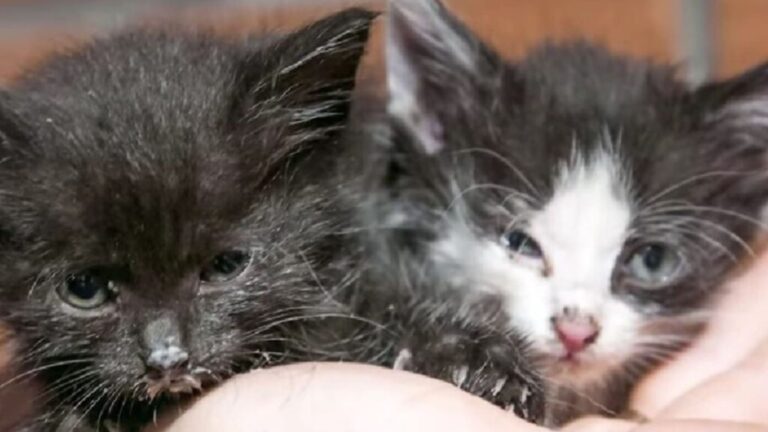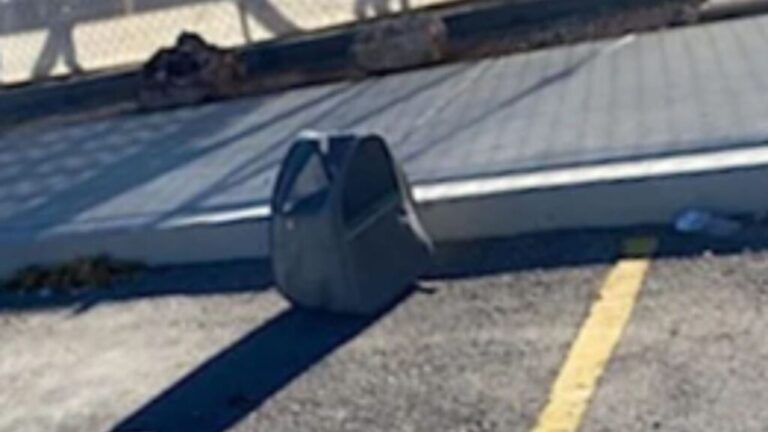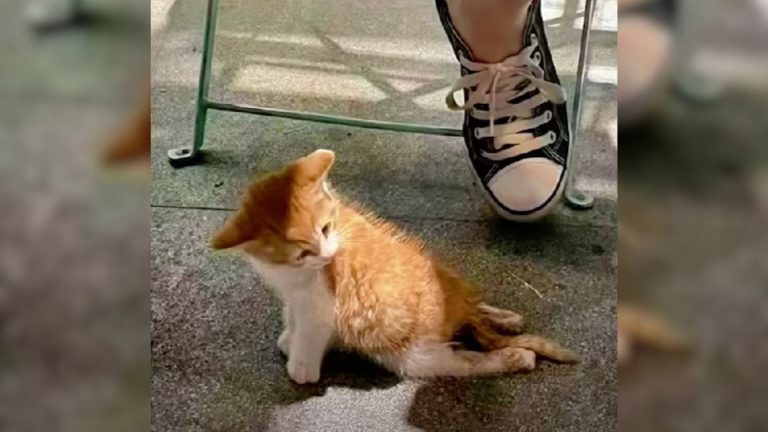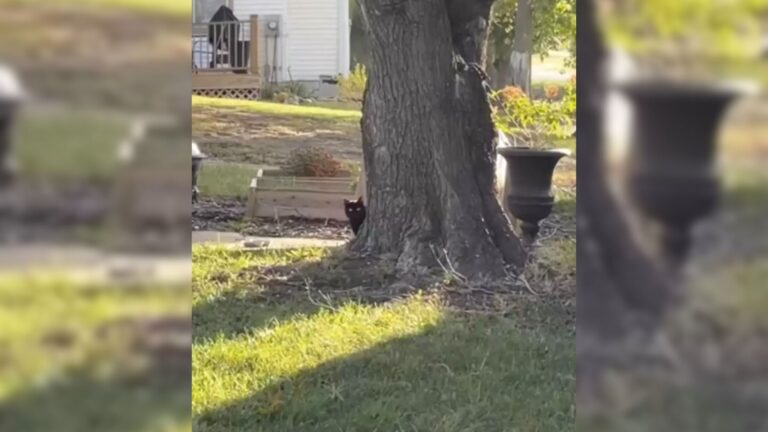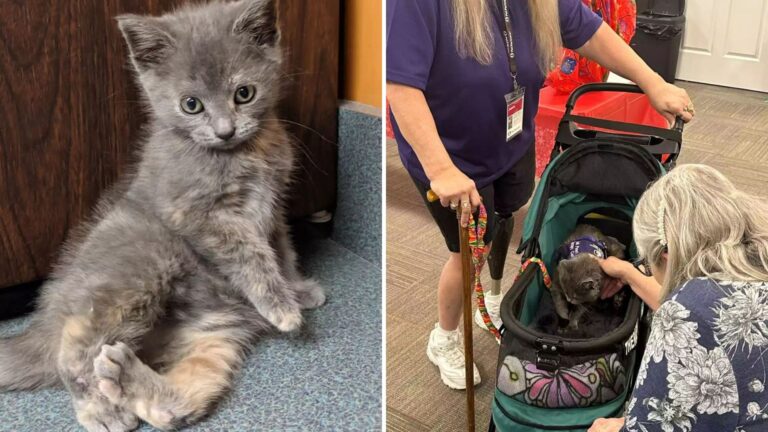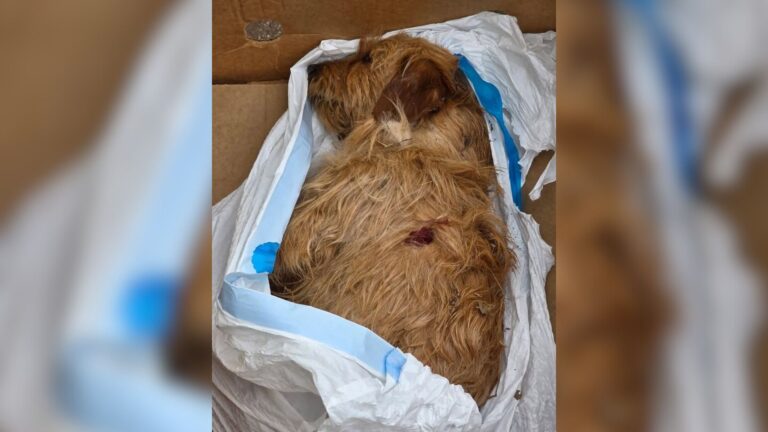Oregon Shelter Staff Shocked To Discover Their Tortoiseshell Kitten Is One In A Million
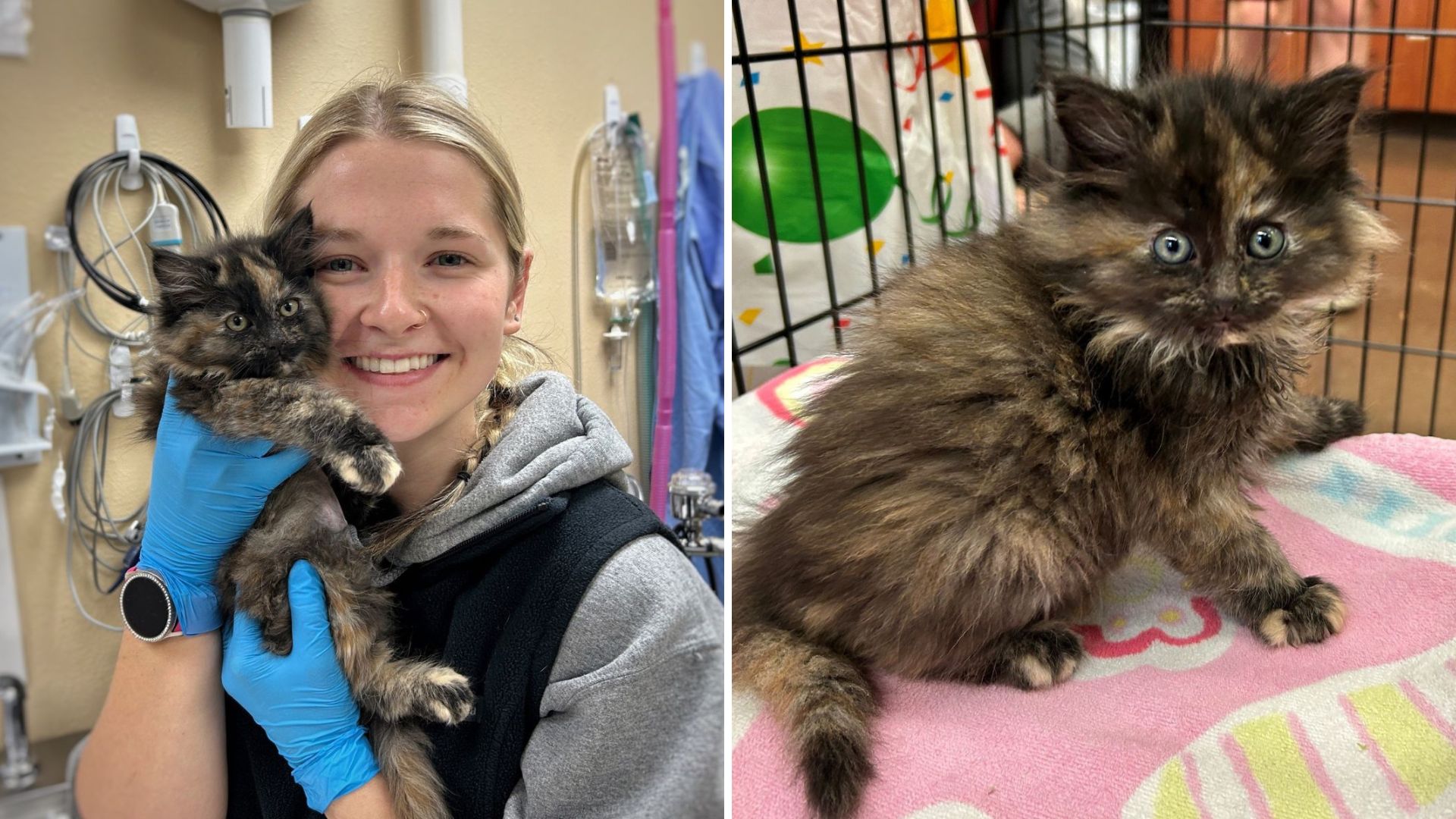
Tortoiseshell cats have always been a bit of a mystery, known for their striking coats and equally strong personalities.
Their name comes from the marbled blend of black, orange, and gold that gives them that signature “tortie” look.
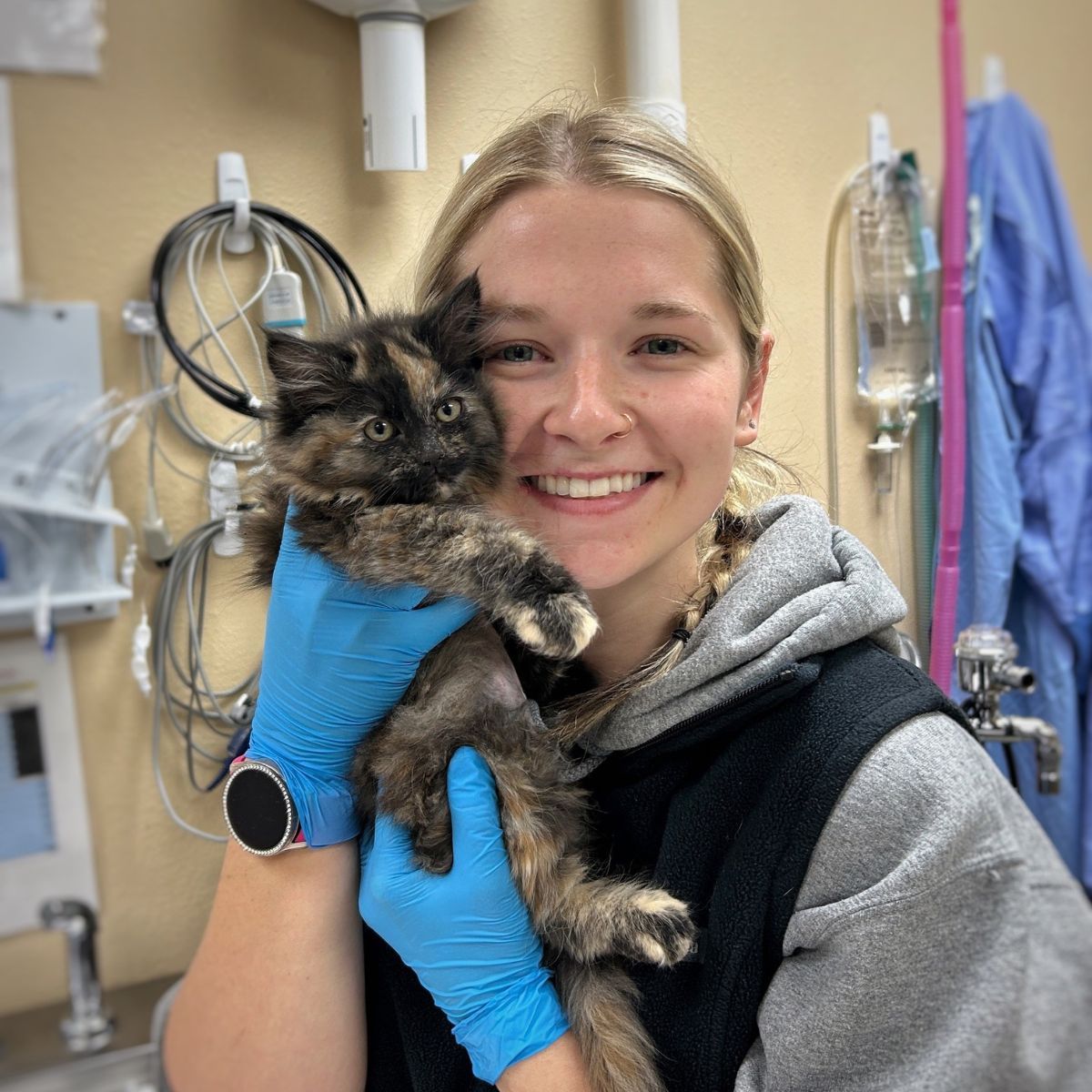
But beyond their beauty, there’s something fascinating about their genetics – around 99.6% of tortoiseshell cats are female, making males almost mythical in rarity.
So when a tiny tortoiseshell kitten was brought into an Oregon shelter, the staff at the Humane Society of Central Oregon thought they were welcoming just another adorable (and probably female) rescue.
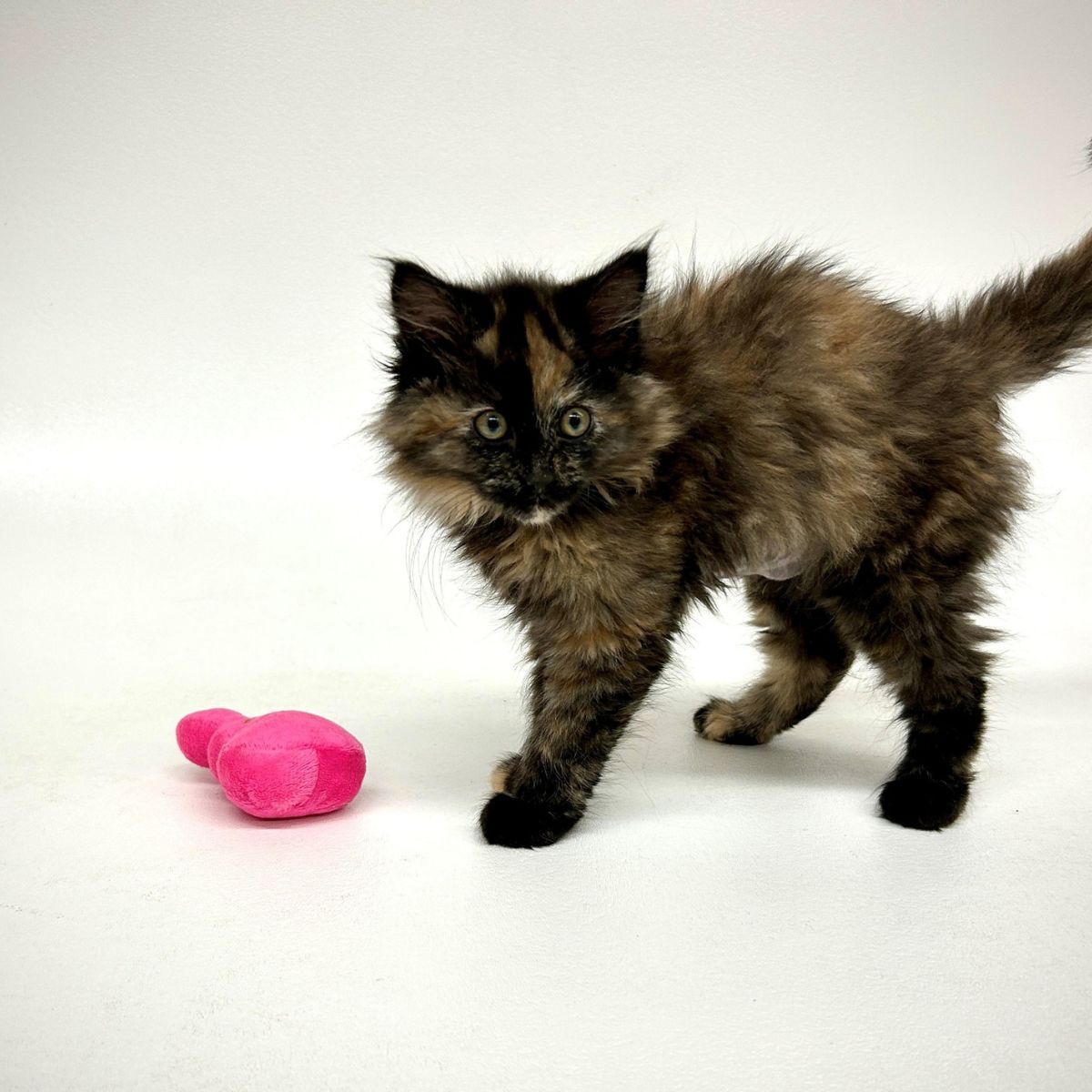
Little did they know, this kitten was about to surprise them all.
The little one, originally named Cindy, looked perfectly healthy and normal at first. But when the veterinary team began a routine exam, they made a discovery that left everyone speechless.
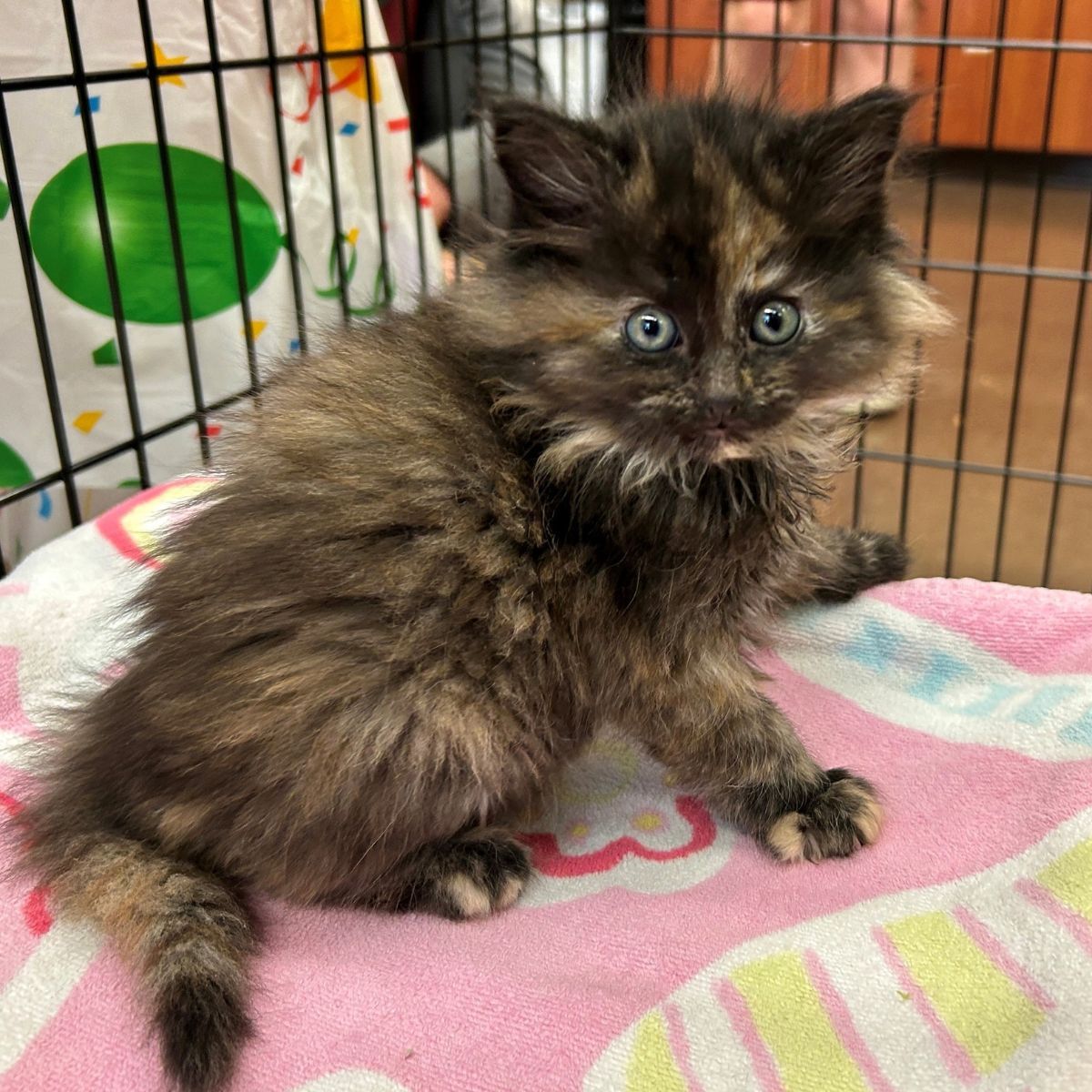
Not only was this kitten a tortoiseshell, already rare enough, but it turned out that Cindy wasn’t male or female.
The shelter staff were stunned. The kitten was what’s known as a hermaphrodite, meaning it had both male and female reproductive organs.
The mystery deepened when vets prepared the kitten for a standard spay procedure. That’s when they discovered that Cindy had no uterus or ovaries.
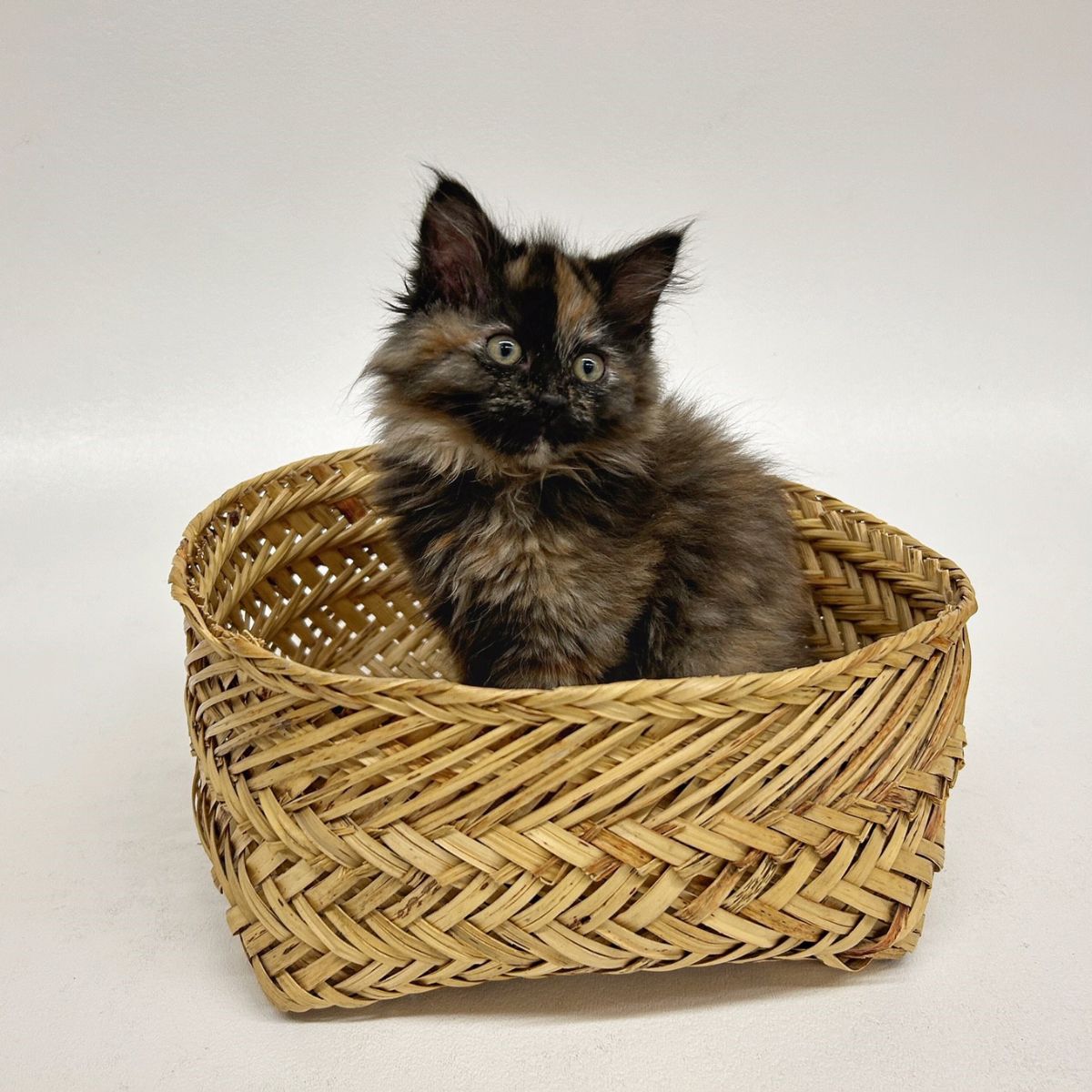
Instead, the team found two testicles. The kitten’s name was quickly changed to Cinder, and the vets realised they were looking at one of the rarest cases they’d ever encountered.
Dr. Crystal Bloodworth, the Humane Society’s medical director, shared the news on Facebook:
“To call it a male is tough, but with the binary nature of animals and people’s perception of animals, we chose male.”
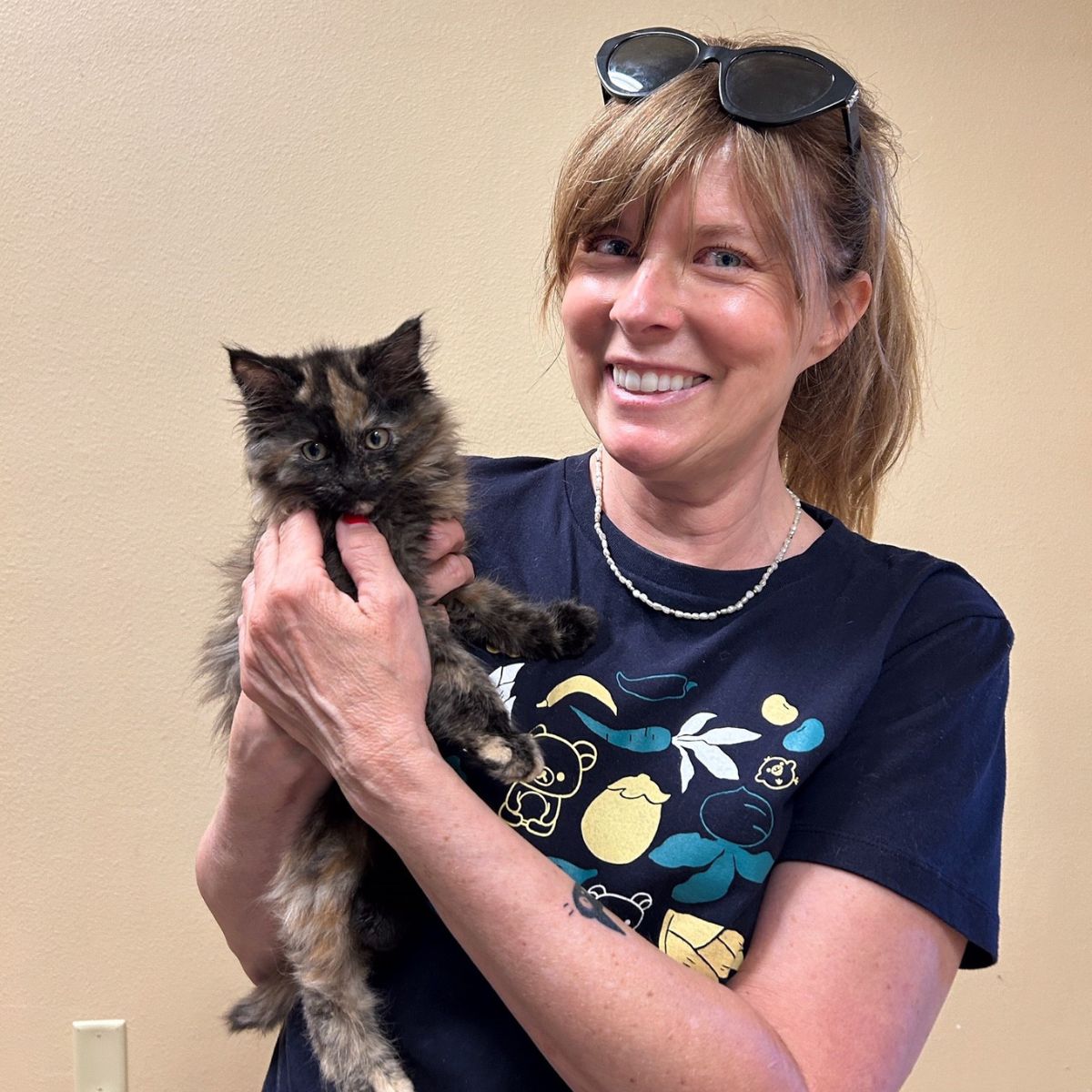
She went on to explain that Cinder was likely a three-sex chromosome cat (XXY) — a condition that explains both the tortoiseshell colouring and the presence of male anatomy.
“In the kitten, it did not have a uterus or ovaries, did have testicles and has what looks like a vulva. If one were to examine Cinder as an adult, they would consider it a female because the external genitalia looks profoundly like a female, not to mention the fact that it is a tortoiseshell cat.”
Even for seasoned professionals, this was a once-in-a-lifetime moment. Bailey Shelton, the clinic manager, said:
“Even though I’ve been only in the veterinary field for nine years, this very well could be a once-in-a-career moment. They always talked about how rare male tortoiseshells are back in school, but seeing one in person is something else. You just never know what amazing surprises await you at the humane society.”
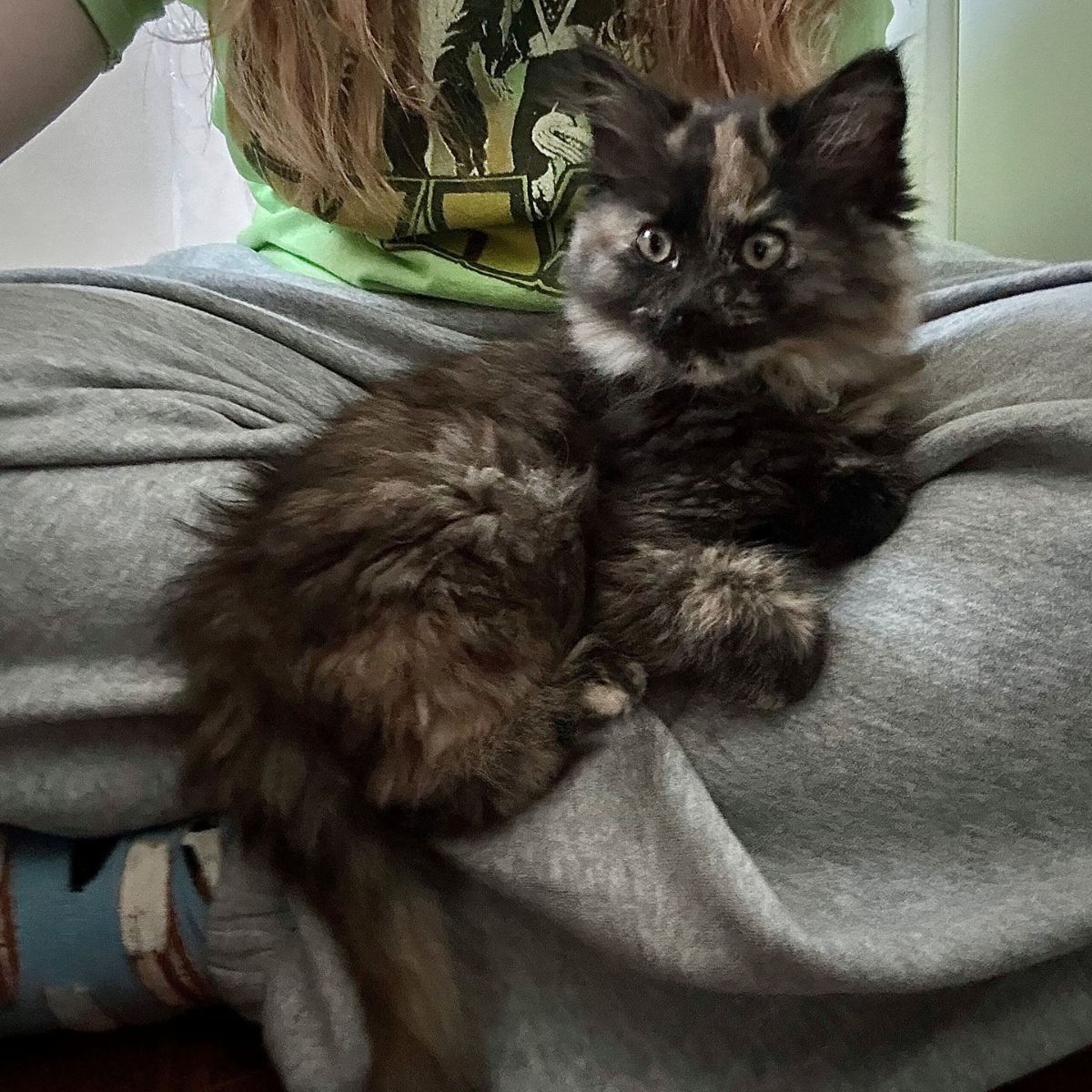
While the science behind Cinder’s condition is fascinating, what truly matters is that he’s happy, healthy, and loved.
His playful energy fills the shelter, and his unique story has already made him something of a local celebrity.
And the best news? Cinder has found his forever home.
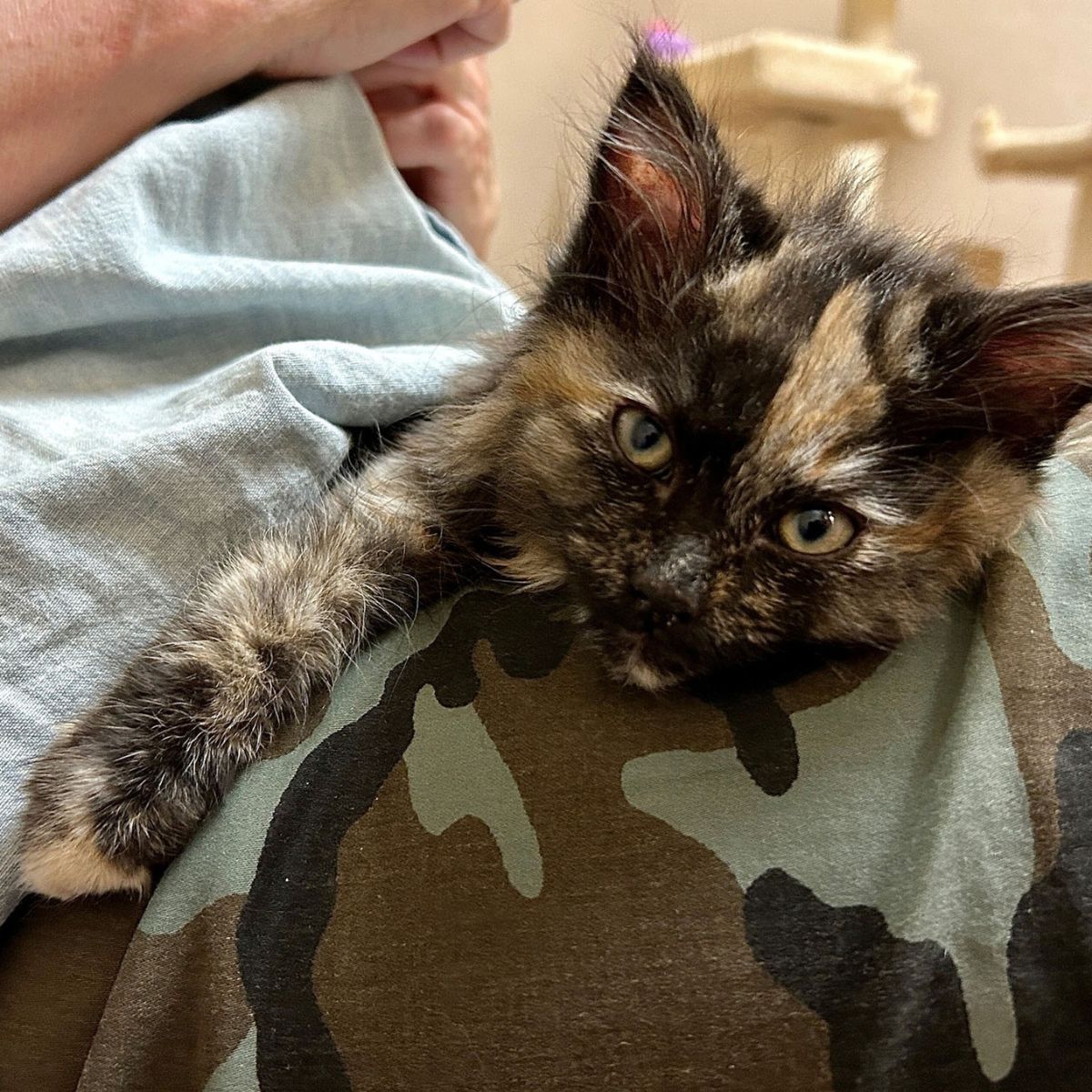
After his incredible story went viral, adoption applications poured in from people all over Oregon, all wanting to give this special kitten a loving family.
The Humane Society carefully reviewed each one and finally matched Cinder with the perfect adopter. Now, he’s enjoying life in a cozy home where he’s showered with affection and treated like the extraordinary cat he is.
Cinder may be genetically one of a kind, but at heart, he’s just like any other kitten — curious, affectionate, and full of mischief. And one thing’s for sure: being “different” isn’t going to stop this little cat from finding the perfect forever home.

